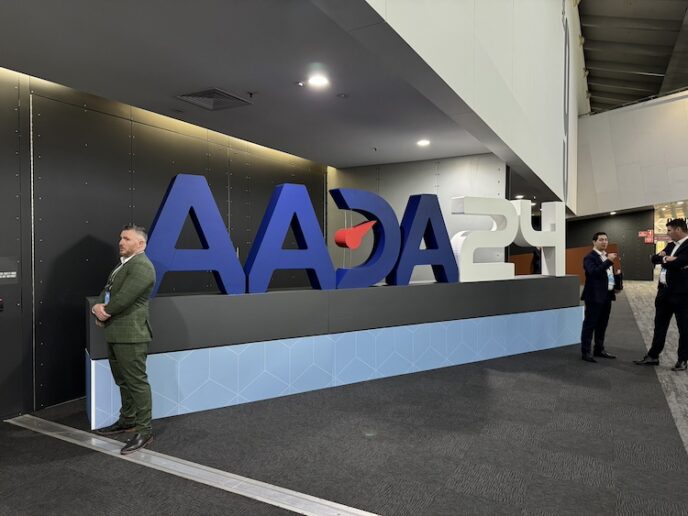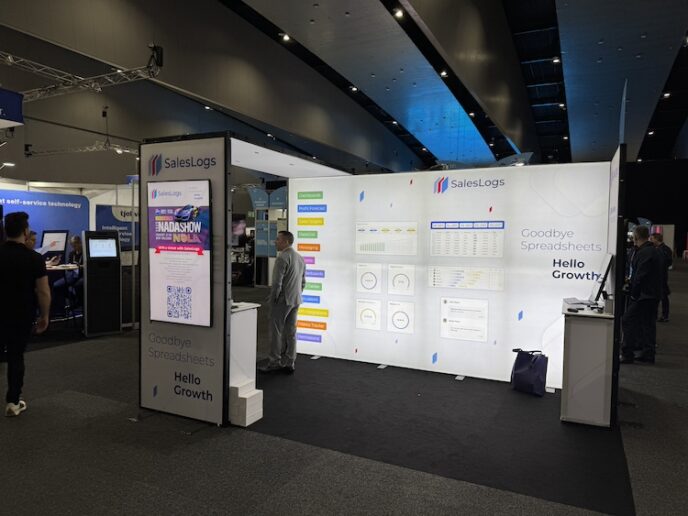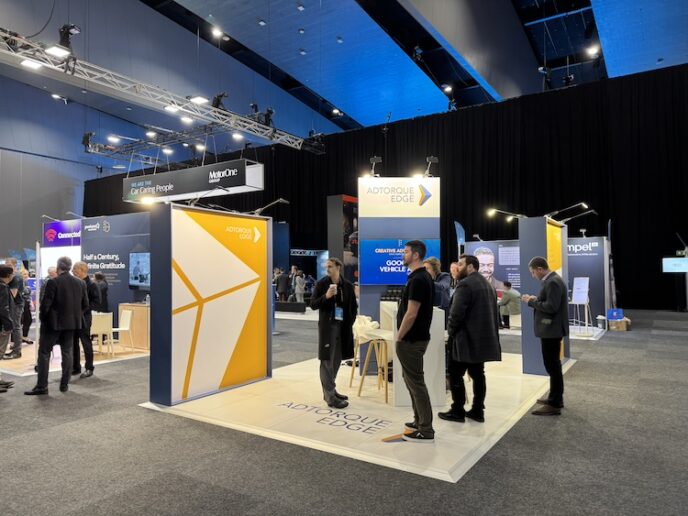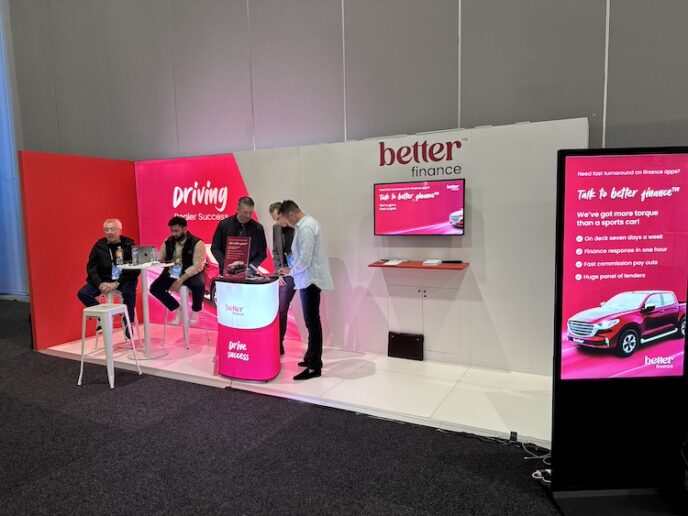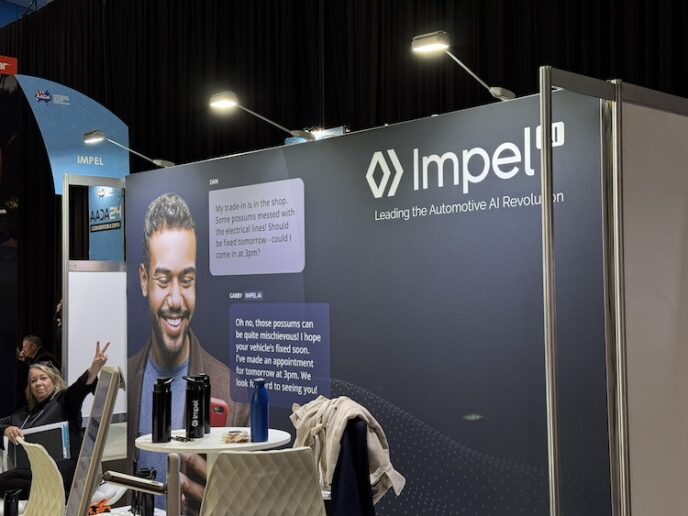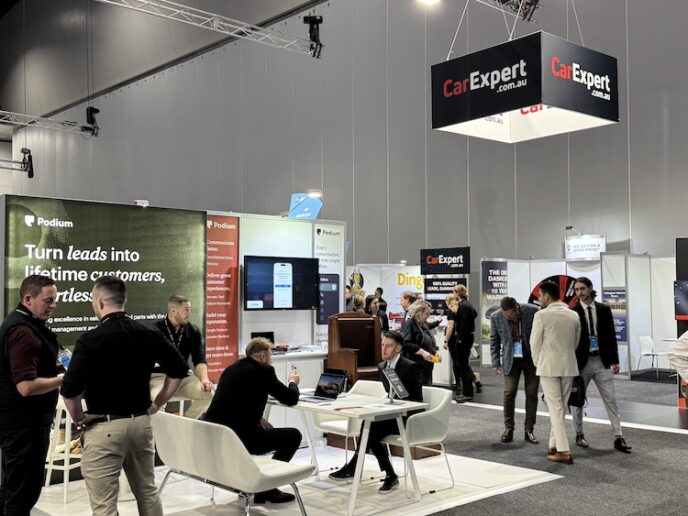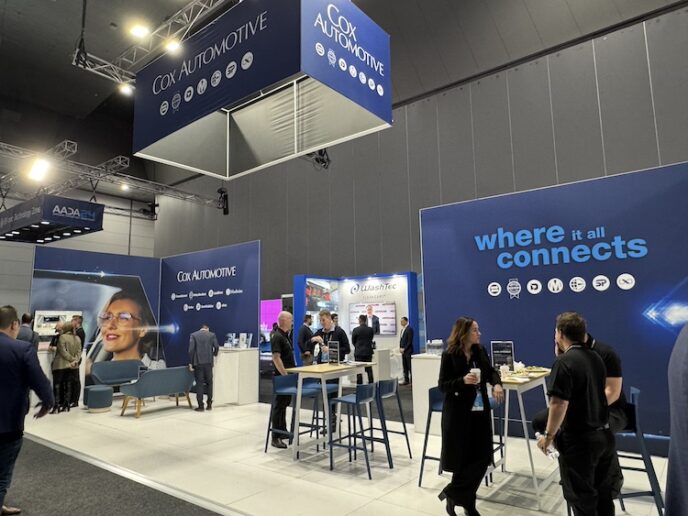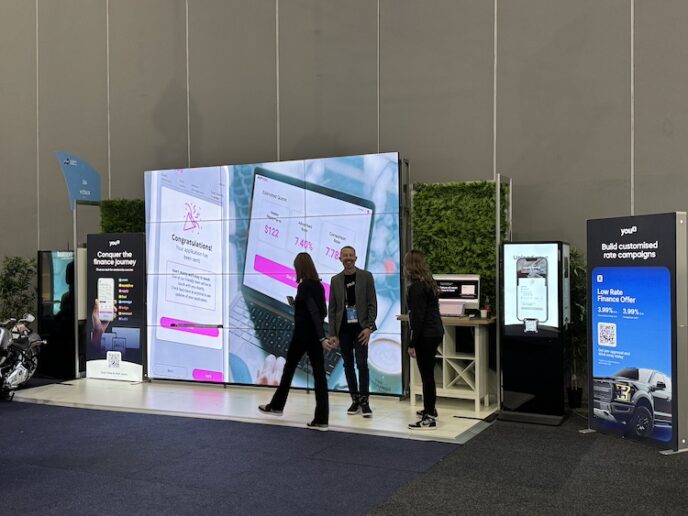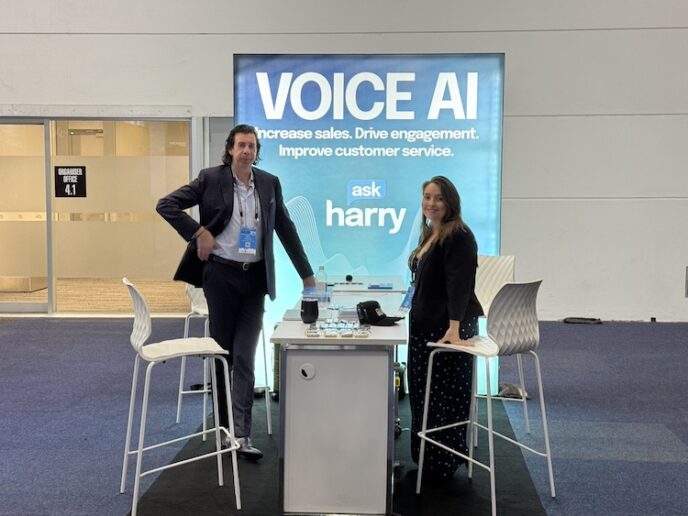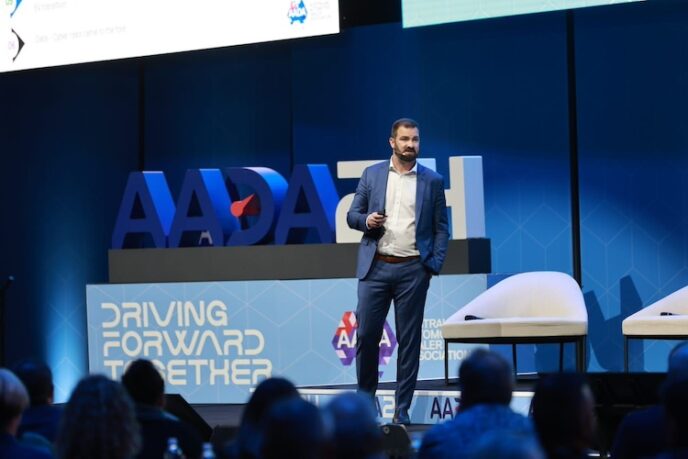
The 2024 edition of the Australian Automotive Dealer Association (AADA) convention and expo opened in Melbourne on July 24, with a rousing breakfast speech from Jeff Kennett, the former Victorian Premier.
AADA chief executive James Voortman officially opened proceedings and he welcomed the delegates, exhibitors, and sponsors and introduced the speakers and workshops scheduled for the two-day event.
“It’s great and humbling to see so much support here today, especially from all the new car dealers in the audience. The AADA Secretariat is incredibly humbled and proud to represent you and this wonderful industry,” Voortman says.
“We’ve assembled a first-class group of people to address you on the main stage over the next two days. We also have more than 20 workshops to help dealers face operational issues in their businesses.
“We have some inspirational speakers lined up with former Olympian Brooke Hanson, Tom Samson and Sebastian Terry.
“I want to thank the sponsors. We appreciate your support and the relationships we’ve established for this year and over a long period.
“I also want to thank the exhibitors, and I encourage all present to spend some time visiting and meeting with them, understanding their place in our industry, and keeping an open mind about the services they offer,” he says.
At the end of day one, Voortman kicked off the final Cox Automotive Inc. keynote session with Evan Stents from HWL Ebsworth Lawyers by discussing some key automotive industry issues, including loopholes in the franchising code of conduct, and emphasising the need for goodwill.
National Automobile Dealers Association (NADA) chai Gary Gilchrist discussed the need to translate Dealer passion into participation in industry associations for effective advocacy.
This was followed by the panel session moderated by Voortman, discussing the pressing industry issues over a 5-year horizon, focusing on key topics including decarbonisation, the rise of China in the EV sector and cyber risks.
Speakers highlighted the role of hybrids in EV transition, rising international tariffs imposed on Chinese-made vehicles, and China’s commitment to the franchise model, and noted how NVES might have rather become a convenient political optic, with political expectations not meeting market reality.
